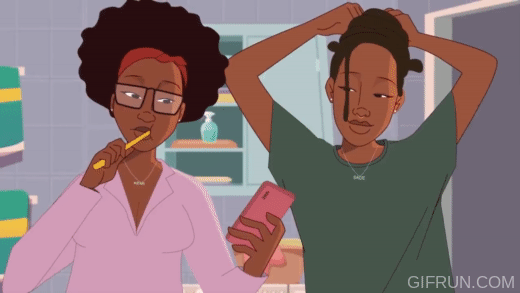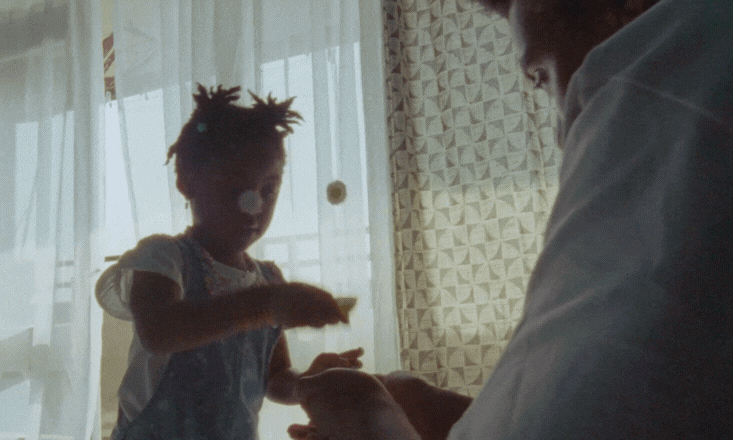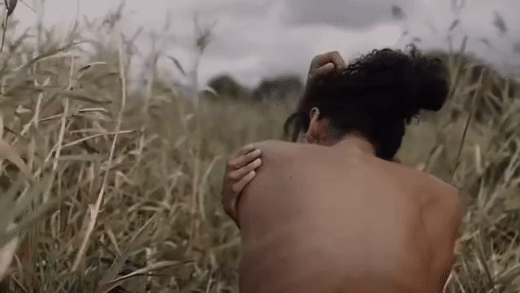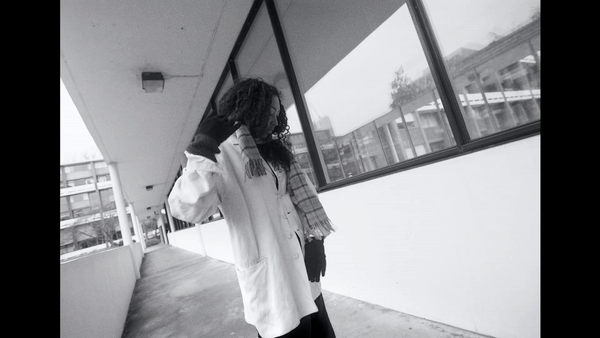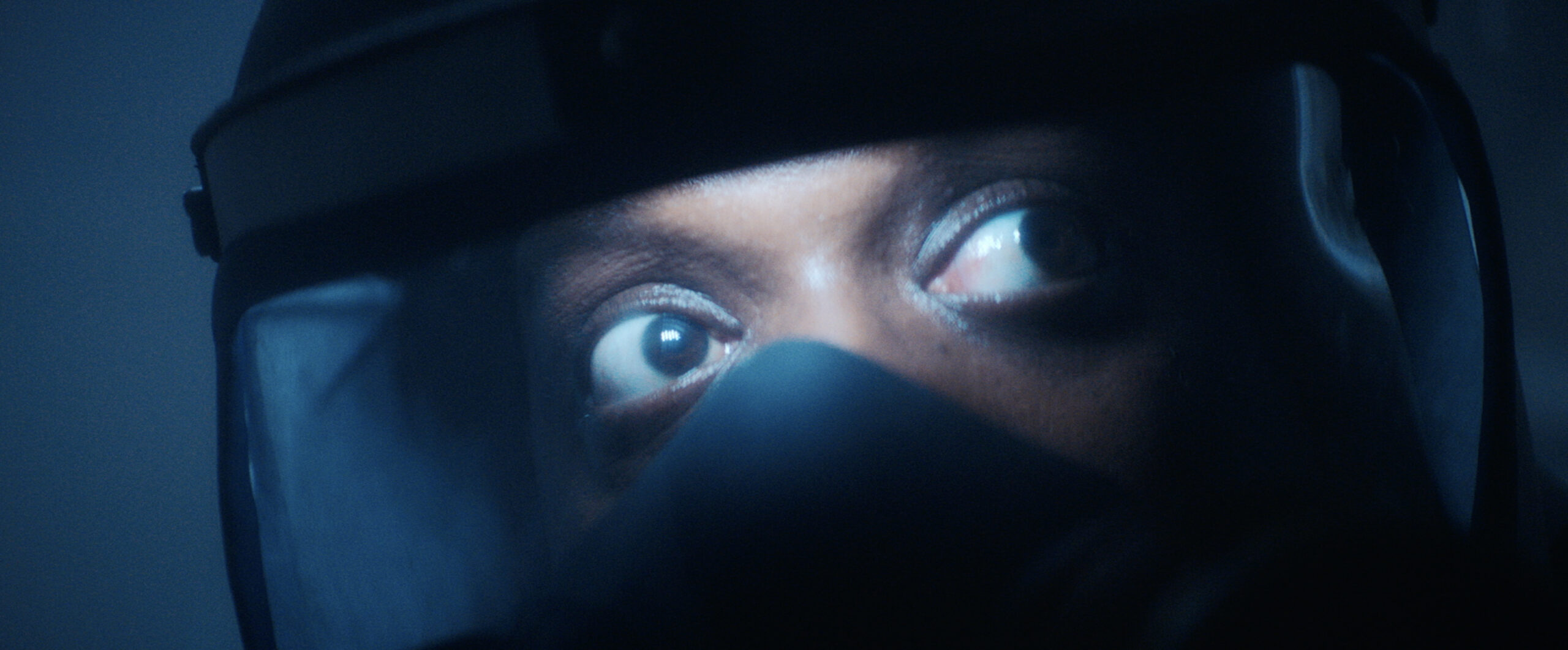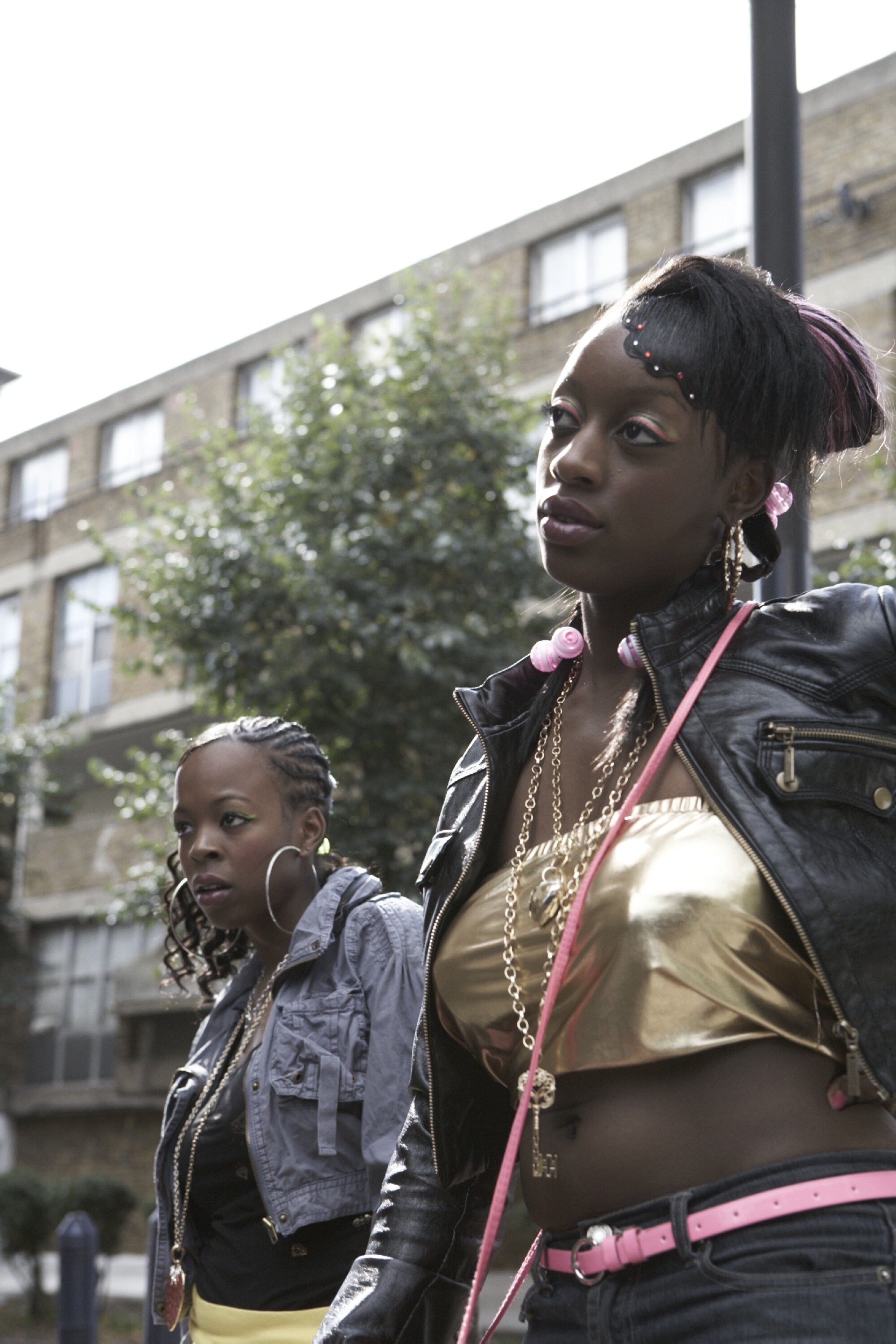
Why ‘Top Girl’ should be part of British black girls’ collective memories
Abondance Matanda
24 Dec 2016
2009 was the year of Nokia phones and Winnie The Pooh pouches. Black British youth culture was doing bits in its colour co-ordinated outfits, in spite of the media’s insistence that black kids from working class areas are inherently bad-breed. To me, just some any-lickle black girl with plaits and bobbles in her hair, they were just cool. I couldn’t wait to be like them, looking down at peasant pedestrians from the top decks of buses when I got to big school in a few years. Even still, the stories being reported in newspapers and told in films like Bullet Boy and Kidulthood were mostly for and about the mandem, as if girls didn’t slow down when they walked past barber shops for these boys nice-ing themselves up for us. Coming of age has never been an exclusive experience.
When I did eventually get to big school, it was more draining and isolating than I imagined. For a long time I moved in clouds of whiteness that my black self proved too heavy for. I fell from what I thought was heaven into fields of “I-can’t-find-myself” and ended up in the depths of Youtube. I came across so much treasure, the shiniest chain in my loot being the short film Top Girl (2009). Set in Brixton, Rebecca Johnson’s Top Girl tells a story of sisterhood and self-awareness that asserts the presence of young black girls in London. I watched it and watched it again, craving the drama of having a best friend other than myself the way main characters Donna and Felicia did.
Over time my memory of Top Girl’s storyline faded to something fickle, like, “Basically, yeah, this Brixton girl gives this boy head, but I can’t remember nothing else.” This didn’t do jack when I tried to find it again a few years later. Fruitless Google searches of “black British film about girls” and such vague phrases got me nowhere so I gave up. I was so annoyed at how limited the digital documentation of this golden film is, but who can I blame when it was made way back, before all this online marketing and SEO stuff was a big deal.
Word of mouth is what brought Top Girl back into my life at a time when I was past searching for my “black British girl-ness” again, but more in the mood to just revel in it. I must’ve been chilling with my bredrin Jasmine and she goes “Yo, I think you might like this film yano”. Little did she know…
I live for the cinematography in Top Girl. Intimate yet non-intrusive camera angles create a distance that just lets the top girls live. The colours of Donna and Felicia’s hair bobbles, eye shadow and their skin and the skies are loud in such a normal way, just like them as they go about their teenage antics; rapping on the playground, impressing boys, falling out then making up over texts like we used to. The film feels like a diary entry or that Monday morning how-was-your-weekend gossip. It should be part of our collective memory for how it preserves such a precious part of black British culture; it’s timeless with the potential to be something of a cult classic, but I wonder if the filmmaker’s whiteness is part of its ironic invisibility to the people it is for and about.
Rebecca Johnson never flopped on the storytelling, Top Girl is as much of a banger as a film can be, but maybe an element that could’ve made it pop is still missing on a cultural level. The film won awards and got screened in places so removed from the world the film revolves around, that it never really came back full circle in terms of being meaningful to us lot who inhabit it. The film was put on pedestals in places we’ve hardly been able to reach. It’s jarring, because I feel like the film’s point was to say, “Nah, young ones. This world is all yours.” Even though Rebecca Johnson lived in Brixton and worked with the kinds of local yutes that inspired magic like Top Girl, if she could’ve accessed more of us on the same level that Keisha the Sket did, through easy internet shares and word of mouth, you would not be reading this.
Top Girl should be in the same conversations as Top Boy and Kidulthood, but it was never given the kind of platform that would enable this. There’s barely any journalistic commentary on it and being a short film it’s not on DVD. There’s not even tumblr gif-sets of the ting. I want to hear people reference Top Girl as an inspiration, blog about it, watch it with their bredrins. This film is on the very same Youtube as Cecile Emeke’s Ackee & Saltfish series, which is loved by loads of people for how funny and relatable it is. Donna and Felicia could have been Rachel and Olivia back in the day, which is a debate in itself.
The internet should be here for a while, so our pickney can watch Top Girl and laugh at our old fashion and slang, as if theirs won’t be “weirder”. gal-dem are finally out here creating and taking up all the spaces we’ve been denied, after existing amongst ourselves for so long. Top Girl is a bittersweet testament to that.

